Cyber Crime- Regulations In India
With improvement in the quality pf internet around the globe, communications around the globe, communication whether personal or for professional reasons has increased exponentially, thereby increasing populations’ dependance on the internet multiple times. And with the increase in use of internet, cybercrimes, also referred to as e-crimes or electronic crimes, are now one of the main issues being tackled by the legal authorities. Cybercrime a threat to the security of an individual company even an entire nation has had impacted millions of individuals around the globe.
In the criminal arena, cybercrime is relatively a new term, albeit a threat nonetheless. Cybercrime encompasses any illicit behaviour conducted using a computer, the internet, or any other technology that falls under the purview of the "Information Technology Act." Cybercrime is the ...Read More
In the criminal arena, cybercrime is relatively a new term, albeit a threat nonetheless. Cybercrime encompasses any illicit behaviour conducted using a computer, the internet, or any other technology that falls under the purview of the "Information Technology Act." Cybercrime is the most common form of crime in modern India, and it may be disastrous
Criminals not only cause great harm to the government and society, but they also go to considerable lengths to hide their identities. Technically proficient criminals use the internet for a variety of illicit operations. Any illegal behaviour that uses a computer or the internet as a tool, a target or both might be generally defined as cybercrime.
Regulating agencies pass cybersecurity laws to defend people, companies, and other organisations against online dangers. These agencies include government bodies entrusted to establish and enforce security laws, also such security industry associations which develop the standards for IT professionals.
Cyber law enforcement organisations are essential in putting a stop on cyber crimes as they help spot weaknesses in digital networks or by making suggestions regarding security enhancement. These organisations are also responsible for investigating and prosecuting those involved with illicit activities online so as to dissuade potential cyber criminals.
These organisations are responsible to carry out an in-depth investigation in response to a cyber crime. These responsibilities include obtaining digital proof, tracking the origin of the crime crime as well as apprehending the perpetrators. In order to create compelling cases against the cybercriminals, cyber forensic specialist would would have to deal with data analysis which is a critical task.
A huge part of the responsibilities carried out by the cyber law enforcement is educating the public about threats of cyber crimes and safe online conduct, initiatives raising awareness regarding the cyber crimes amongst the people and companies preventing them from being the victims of cybercrimes.
The establishment of cyber law enforcement authorities is necessary in a technologically driven society as in India. For the sole purpose of protection of people, companies, as well as security of the country, the efforts of these authorities in stopping, investigating, and prosecuting cyber crimes are necessary. However, to deal with the dynamic nature of the threat that is cyber crime it is necessary to be up to date regarding the development of the technology, global cooperation, so that one could be one step ahead of hackers.
Child Pornography: Amongst one of the most serious violations, predators, for child pornography would use the internet to connect with and victimise the youngsters through sexual assault. The increase in the internet usage has made children open to such risks.
Hacking: The process of obtaining unauthorised access to a device, having modified it to provide an unrestricted access, or modifying the configuration, operation, service of the targeted equipment such as a computer or a phone without the awareness or consent of the owner is referred to as hacking.
Virus dissemination:The kind of illegal activity where additional applications are involved which fall under the categories of logic bombs, worms, or ss bugs so as to get a direct or an unauthorised access to another's' operating system. Computer sabotage is illegal. It generally refers to the unauthorised deletion or destruction of machine data or the Internet function, which stops ordinary device functions.
Phishing: Computer theft occurs because modern businesses may easily trade cash for currency stored in computers. Credit card identification information, together with personal and financial credit card details, is often targeted by organised crime. Digital assets have the potential to be of a higher economic class in addition to being significantly more valuable than traditional economic assets.
The public should be aware of and educated about cybercrimes and cyber laws. Cyber literacy education should be provided to students in computer centres, schools, colleges, and universities. Educational institutions may set up cyber law awareness initiatives to provide students with a basic grasp of the Internet and its security.
One way to mitigate the effects of identity theft and online crimes is to routinely monitor credit card and bank accounts.
Updating your operating system will prevent hackers from getting on your computer. Maintaining your computer's updates will prevent hackers from exploiting software bugs that may otherwise grant them access to your system and enable them to hack it for illicit gains.
Installing security software on your computer is essential for basic internet security as it protects you from online attacks. For this reason, these programs are crucial to preserving internet safety. It includes antivirus and firewall software.
Expertise and specialisation: Having extensive knowledge and experience of their field, lawyers at Sharks of Law could offer you much needed advice and assistance for matters related to criminal law, civil law or family law.
Communication Skills: lawyers here have good communication that assures that the clients are aware of the status of their cases are aware of their legal options and are ready for any court hearings. A lawyers and his client could build trust and confidence by having communication.
Client Focus and empathy: The requirements and demands of the client are the priorities of Sharks of Law. By actively listening, showing empathy towards the circumstances of our clients, we help them offer appropriate legal options as per the facts of their case.
Teamwork: The lawyers at Sharks of Law collaborate well with one another using their talents, backgrounds and viewpoints so as to come to a comprehensive legal solution based on the circumstances of the case.
Continuous Learning: As the laws are continuously developing, Sharks of Law tends to keep up with these changes. It is vital to always be in touch with these new developments, learning and flexible so as to adjust to these new developments in the legal field.
Cybercrime encompasses all online actions carried out with the intention of committing crimes. These could be either traditional forms of criminal activity or new ones that have emerged as a result of the development of new media. Due to the anonymity of the Internet, a wide range of illegal acts may be carried out with impunity, and intelligent people have been abusing this feature of the Internet severely to further illegal activity in cyberspace.
Cybercrime cannot be fully defined in a single way. However, it can also apply to any actions that essentially hurt people's sensibilities. Online child pornography is one of the major categories of cybercrime. Cybercriminals include those who use the internet to coerce minors into having sex, such as online paedophiles.
Cybercrimes against people, property, and government are the three main categories into which cyber crimes fall.
One type of specific cybercrime is cyber harassment. Cyberspace or the use of it can give rise to a variety of forms of harassment. Harassment may be ethnic, religious, sexual, or in another kind. Those who engage in this type of harassment also commit Cybercrimes. The criminalization of cyber harassment also leads to a related issue of online privacy infringement. Cybercrime of a serious kind is when citizens' internet privacy is violated. Nobody likes having their private life, which is a valuable and sensitive space that the Internet affords its users, invaded by others.
Cybercrimes against all types of property fall under the second category. These offences consist : sending dangerous programmes, unauthorised computer possession of computerised data, computer vandalism, and unauthorised computer trespassing over cyberspace
...Read lessConsult with experienced Lawyers across expert areas

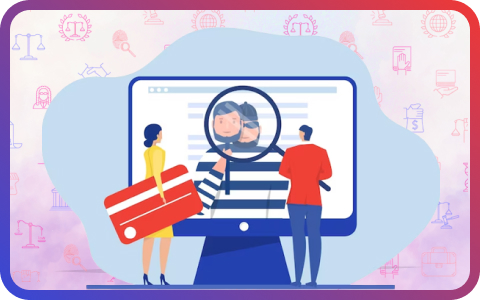
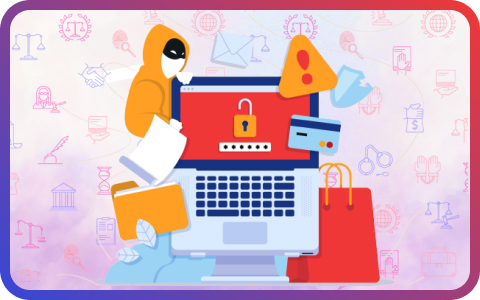

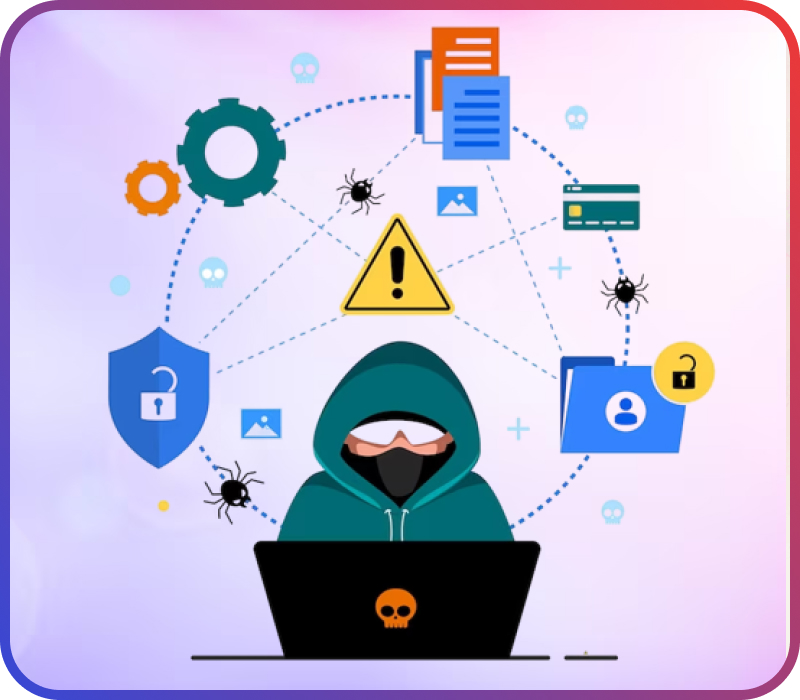
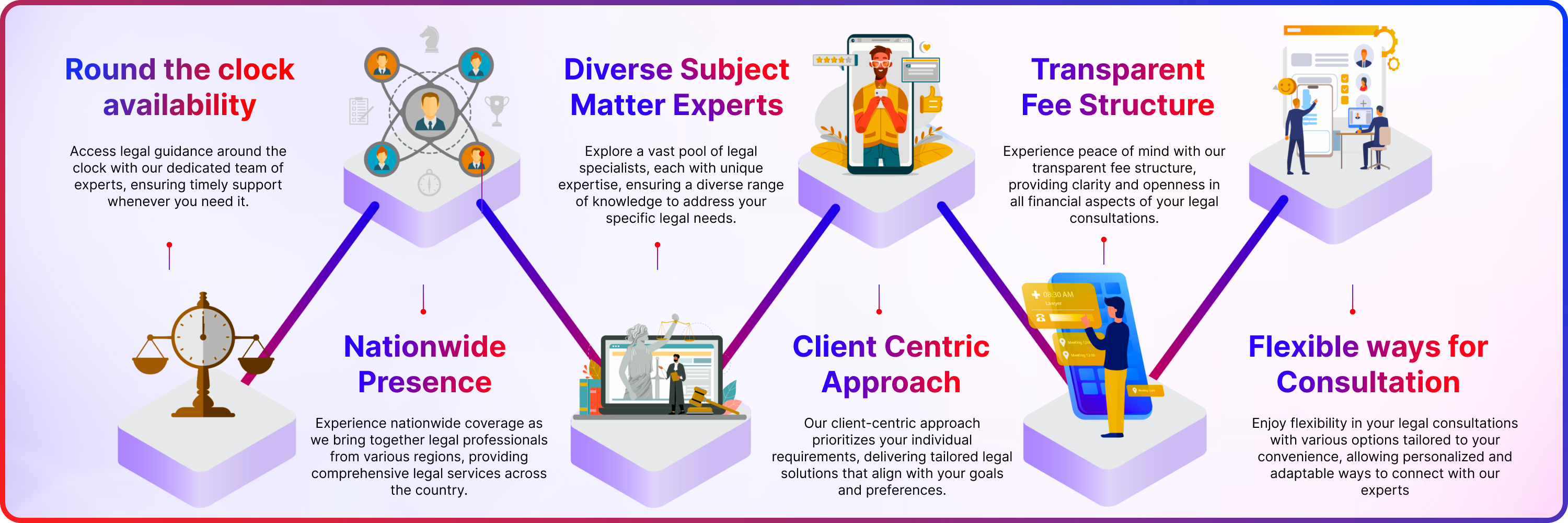

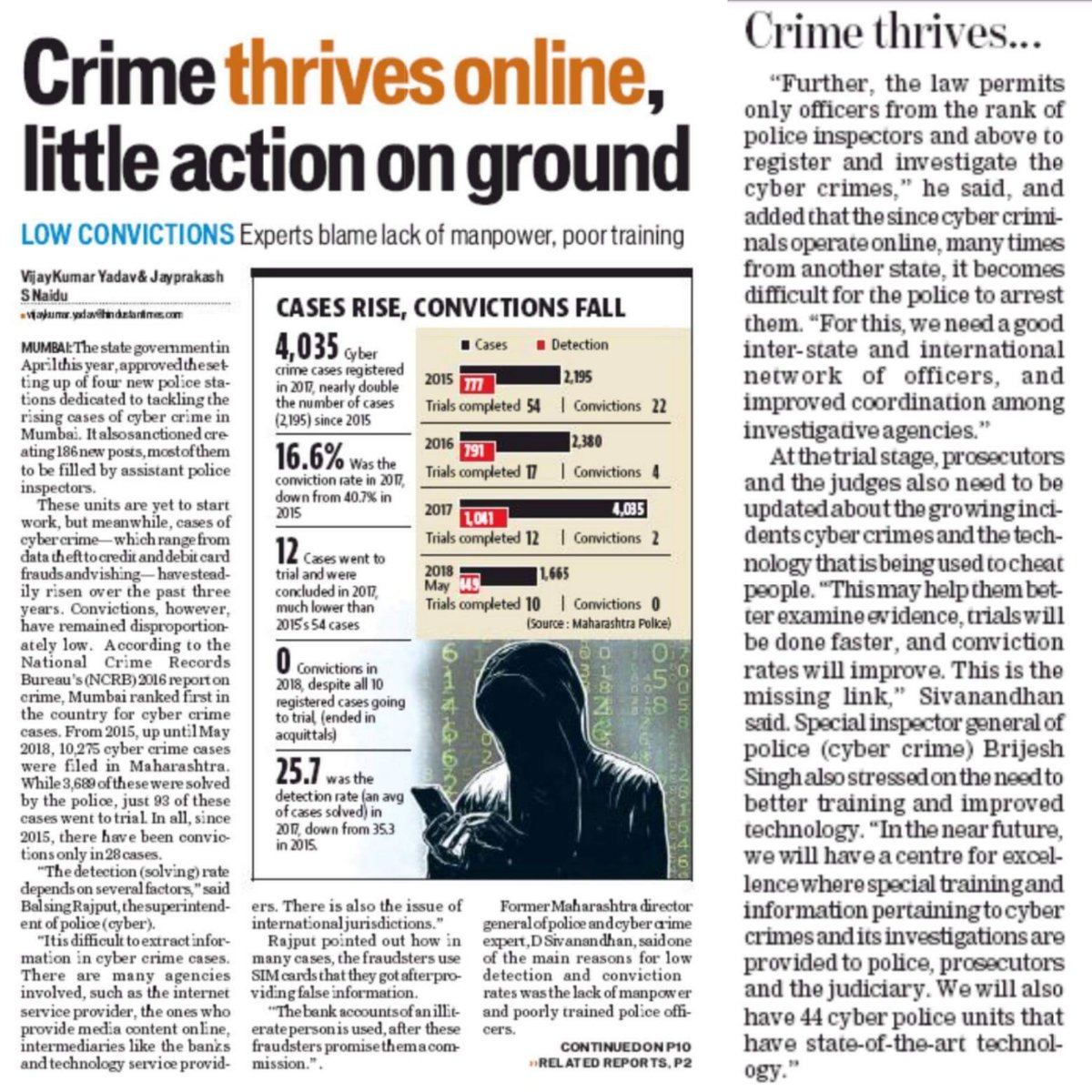
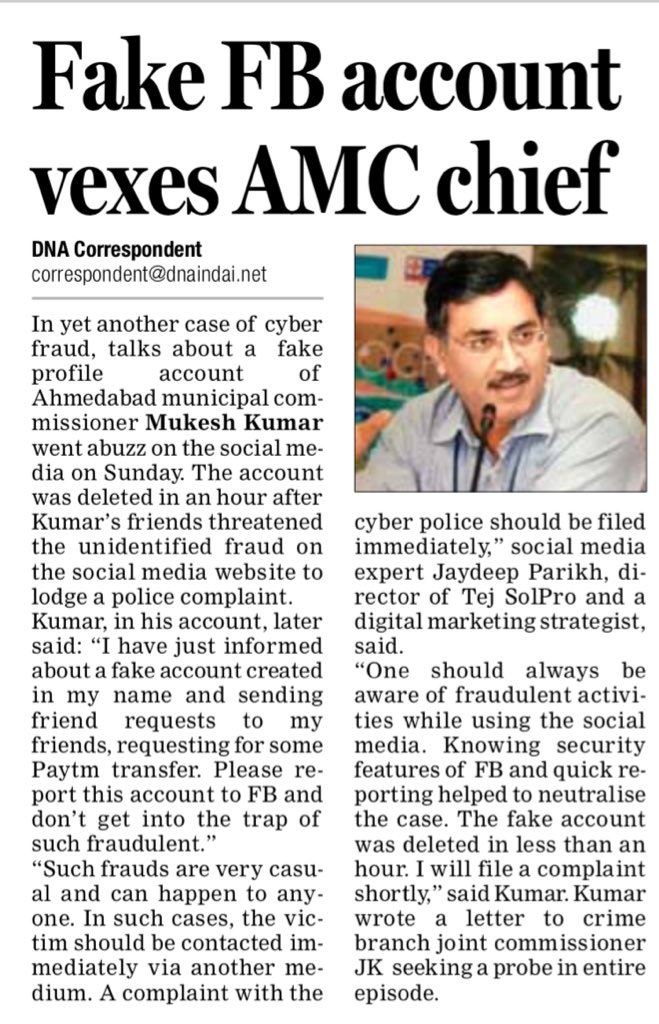

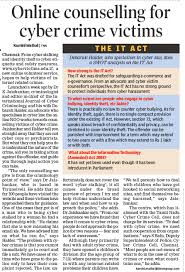

Take a look at the glowing reviews and success stories from some of our happy customers to see how (CompanyName) can help your business achieve its goals.